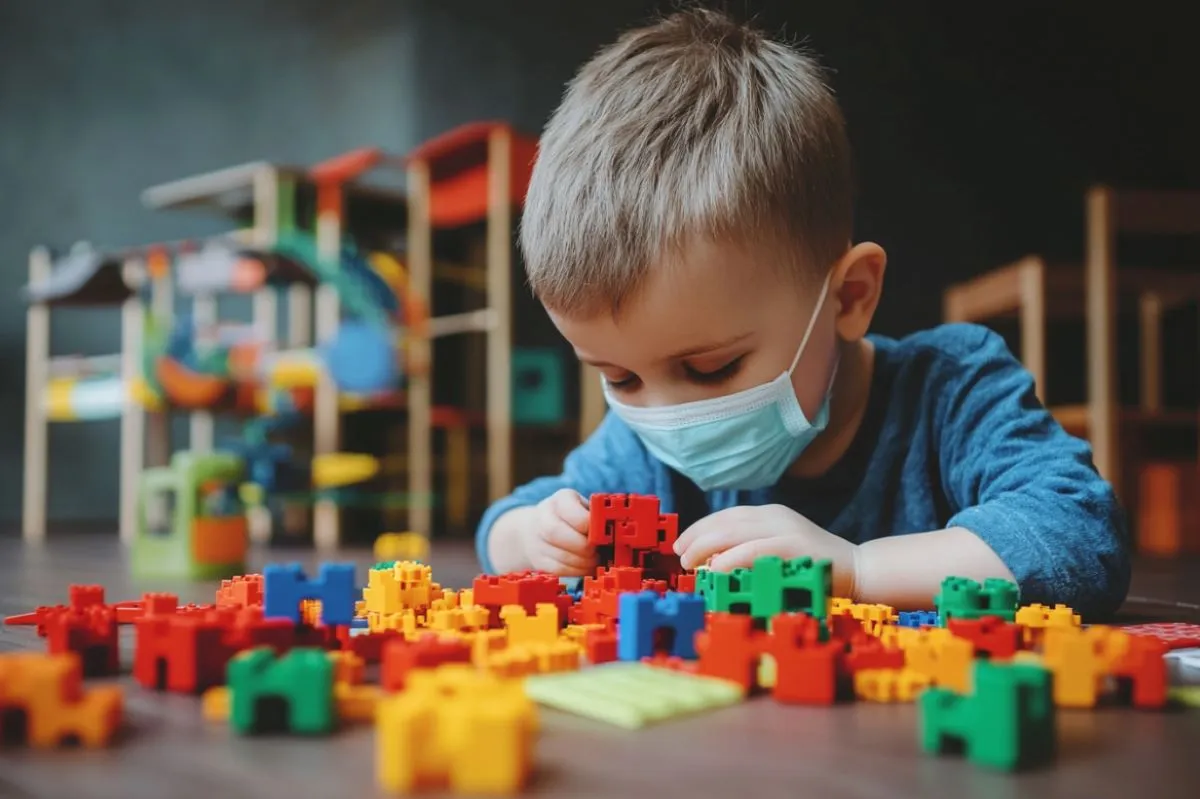No Increased Autism Risk in Pandemic-Born Children: New Findings in Brain Development and Neurobiology

ASD and Autism Risk Among Pandemic-Born Children
A recent study conducted by Columbia University delved into the impact of the COVID-19 pandemic on brain development in newborns. Researchers examined whether children born during the pandemic faced an increased risk of autism spectrum disorder (ASD).
Key Findings from the Study
- No elevated ASD rates: The research found no significant difference in the rates of autism in pandemic-born children versus their pre-pandemic counterparts.
- Importance of prenatal care: Highlighting the role of prenatal health during the pandemic, researchers emphasized the need for continued support in developmental neuroscience.
Implications for Neurodevelopment Research
This study sheds light on possible neurobiological factors that may buffer against autism risk, even amidst challenging conditions. Further exploration into brain research is essential for understanding the complexities of neurodevelopment.
This article was prepared using information from open sources in accordance with the principles of Ethical Policy. The editorial team is not responsible for absolute accuracy, as it relies on data from the sources referenced.